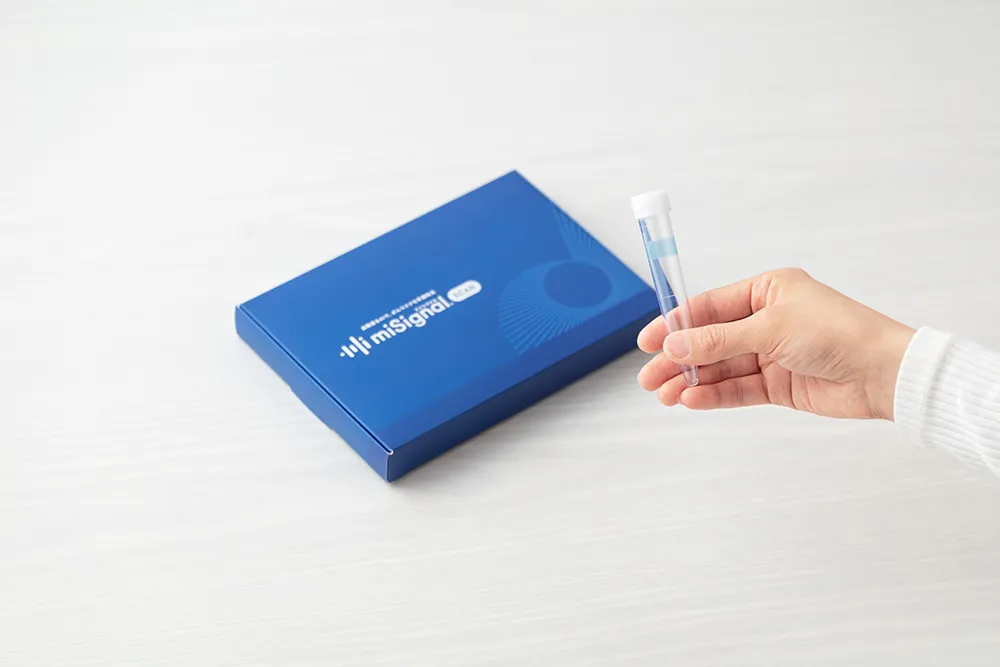
Introduction Of Craif
Wow, this is a big deal! Cancer remains a tough global health challenge, and the numbers are frankly a bit scary. Back in 2022, almost 20 million new cancer cases popped up worldwide, leading to nearly 10 million deaths. And sadly, experts predict those numbers could jump to almost 30 million new cases by 2040.

Table of Contents
But here’s some really hopeful news: a startup called Craif, which came out of Japan’s Nagoya University in 2018, is tackling this head-on. They’re using these tiny things called microRNAs (miRNAs) and some smart AI to develop a way to catch cancer super early. And guess what? They just landed a cool $22 million in funding to help them bring their tech to the U.S. and boost their research.
The CEO and co-founder of Craif, Ryuichi Onose, shared with TechCrunch that this latest funding round puts their company’s value at just under $100 million. This Series C funding was led by an existing investor, X&KSK, and also included a U.S.-based group called Unreasonable Group (their first investment in a Japanese startup!), along with TAUNS Laboratories, Daiwa House Industry, and Aozora Bank Group. This brings Craif’s total funding to a solid $57 million.
For Onose, this isn’t just business; it’s personal. He saw firsthand how devastating cancer can be when both of his grandparents were diagnosed. This experience fueled his passion to find a better way to deal with this disease. He teamed up with Takao Yasui, a professor at Nagoya University, just a month after they met. Turns out, Professor Yasui had developed a brand-new way to detect cancer early by looking at things in urine.
Onose pointed out that catching treatable conditions early can be tricky. Current methods, like blood tests, can be a bit of a hassle, which makes some people skip regular checkups. Plus, in some areas, just getting to a place where you can get tested is a challenge.
That’s where Craif steps in. They’re aiming to make early cancer detection easier with a simple urine test. This test can spot cancer even in its very early stages, like Stage 1, without being invasive.
“Imagine being able to take a test in your own home,” Onose said. “Our test uses advanced analysis of those tiny microRNAs, making early detection more accessible and effective. We’re really focused on people who are health-conscious and worried about cancer but find it tough to fit regular screenings into their busy lives because of time, cost, or just not having easy access.”
Now, Craif isn’t the only one working on early cancer detection. There are other companies out there like Grail, Freenome, DELFI Diagnostics, and Clearnote Health.
But Craif is doing things a bit differently. Most others look at cell-free DNA (cfDNA), but Craif is focusing on microRNA in urine.
Onose explained that “miRNA got some major recognition after being linked to the 2024 Nobel Prize, and it’s known to play a big role in cancer development, even in the very early stages. Unlike cfDNA, early cancer cells actively release miRNA, which makes it particularly good for early cancer detection.”
Another cool thing about their approach is using urine. Onose said it’s easy to collect and non-invasive, and it actually has some scientific advantages. Urine has fewer other things in it that can mess with the results, making the signals they’re looking for clearer. This can lead to fewer mistakes in measurements (like those caused by blood cell damage in blood samples) and can even save money on testing.
Craif’s first product, called miSignal, is already on the market in Japan. It can detect the risk of seven different cancers (pancreatic, colorectal, lung, stomach, esophagus, breast, and ovarian) by analyzing microRNA in urine. And it’s already bringing in revenue! They’re getting it out there through doctors’ offices, pharmacies, direct sales to consumers, and even corporate wellness programs, which gives them multiple ways to grow.
“We’ve partnered with over 1000 medical centers and around 600 pharmacies in Japan, and we’re serving about 20,000 users,” Onose told TechCrunch. “We have a dedicated team of 73 people.”
Their business model includes both single tests and subscription plans for regular testing, and it sounds like a lot of people are opting for the subscription. They brought in $5 million in revenue in 2024 and are aiming for $15 million by the end of this year!
Looking ahead, Craif plans to expand miSignal to cover ten different types of cancer this year. Plus, they’re exploring using their technology to detect other non-cancerous diseases, like dementia.
They already have a research and development lab in Irvine, California, and they’re planning to open another office in San Diego to handle their business operations.
This new funding will be a huge help as they move into the U.S. market with their urine-based, microRNA early cancer detection test. They’re aiming to complete their U.S. trials around 2029 and then seek FDA approval.
They’ve already started collecting samples for pancreatic cancer in collaboration with 30 medical centers across 15 states in the U.S.
It’s exciting to see companies like Craif taking innovative approaches to such a critical health issue. Hopefully, their work will lead to earlier diagnoses and better outcomes for many people.





